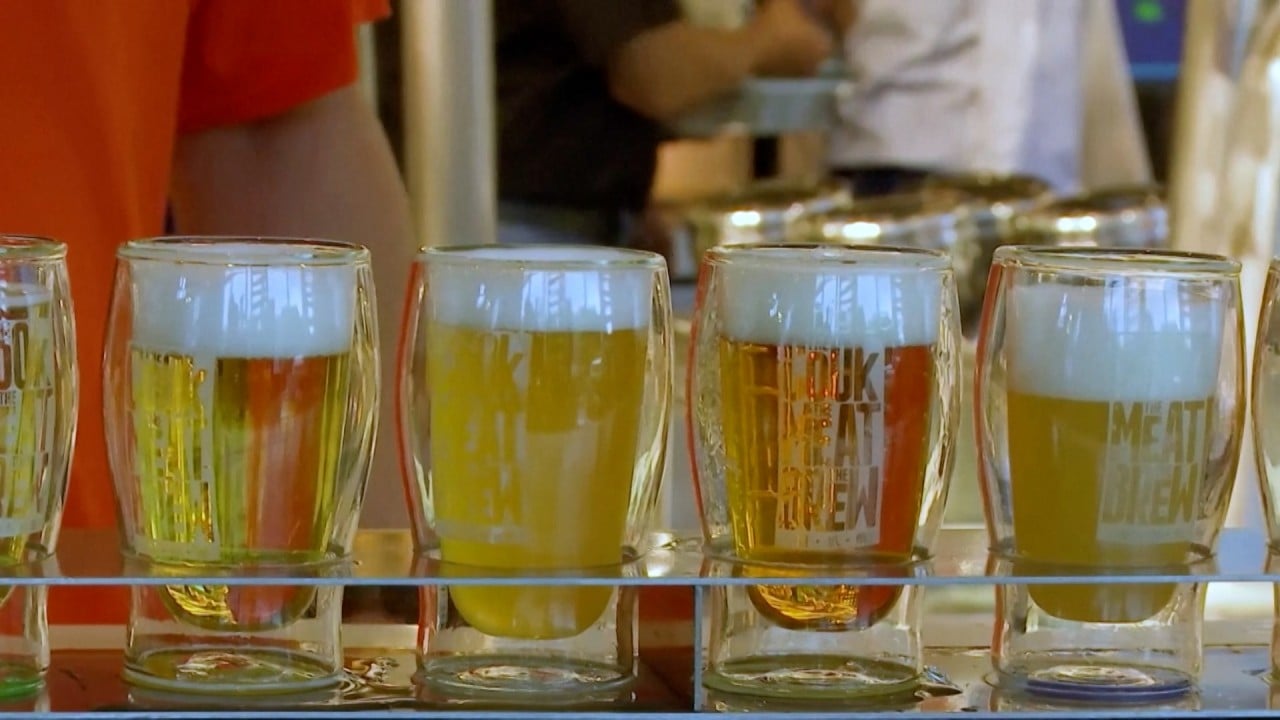
Australia wants ‘new type of relationship with China’, analyst says, as Prime Minister Albanese declares 4-day visit
- Given its close trade ties with both US and China, Australia could potentially act as a bridge in multilateral ties, Sichuan University professor says
- Albanese’s announcement of November 4-7 visit to China follows breakthrough in dispute over damaging wine tariffs
The Chinese Ministry of Commerce confirmed on Sunday that Beijing had reached an agreement with Canberra on a “proper resolution” of trade disputes over wine and wind towers, after similar announcements were made by Australia.
“China and Australia are important trading partners to each other, and China is willing to continue through dialogue and negotiation, working together to advance the stable and healthy development of our bilateral economic and trade relationship,” the ministry said in a statement.
Pang Zhongying, an international affairs professor at Sichuan University, said Canberra was seeking a “new type of relationship” with its top two-way trading partner.
“Australia, sandwiched between China and the West, is actively exploring a new type of relationship with China, as the relationship between China and the United States remains uncertain and filled with challenges,” Pang said, highlighting US-China rows over the Covid-19 pandemic and the Ukraine war in particular.
Given its close trade ties with both top global economies, Australia could potentially act as a bridge in multilateral diplomatic relations, Pang added.
Albanese said on Saturday that a deal had been reached with China to review its wine tariffs over the next months and move forward to solve their World Trade Organization (WTO) dispute.
“We’re very confident that … this will result in once again Australian wine, a great product, being able to go to China free of the tariffs,” he told reporters in Canberra.
On Sunday, Albanese announced that he would visit China from November 4 to 7. He will meet President Xi Jinping and Premier Li Qiang in Beijing and attend the China International Import Expo in Shanghai.
It will be the first visit by an Australian leader to China since 2016.
Relations soured in 2020 after the administration of Albanese’s predecessor Scott Morrison joined other world leaders in urging an international probe into the origin of the coronavirus.
China responded by imposing an import tariff of 80.5 per cent on Australian barley in May 2020 and duties of up to 218.4 per cent on Australian wine in March 2021.
Trade in other commodities such as coal and seafood was also affected.
“Given that Sino-US relations remain difficult with no fundamental breakthroughs in sight, it is important for China to maintain a friendly relationship with major neighbours, including Australia,” Pang said.
Before the imposition of tariffs, China’s wine industry was the most lucrative export market for Australian winemakers, reaching a value of about US$800 million in 2019, according to trade data. Last year, this had plummeted to just US$11 million.
However, the wine market in China might not be as it was in the pre-pandemic years, as a slowing economy and uncertain prospects make the Chinese middle class tighten its belts.
2-way street: China trade putting money in Australian pockets, study finds
Warming relations since Albanese came to power last year have already seen China lift import curbs on Australian commodities including coal, timber and barley worth billions of dollars.
Likely topics of discussion with top leaders during his visit to China would include positive bilateral competition, trade disputes and Beijing’s push to join the Comprehensive and Progressive Agreement for Trans-Pacific Partnership (CPTPP), of which Australia is a founding member.
China has sought Australia’s support to join the Pacific trade pact, and this will be a key item on the talks agenda as bilateral ties thaw.


